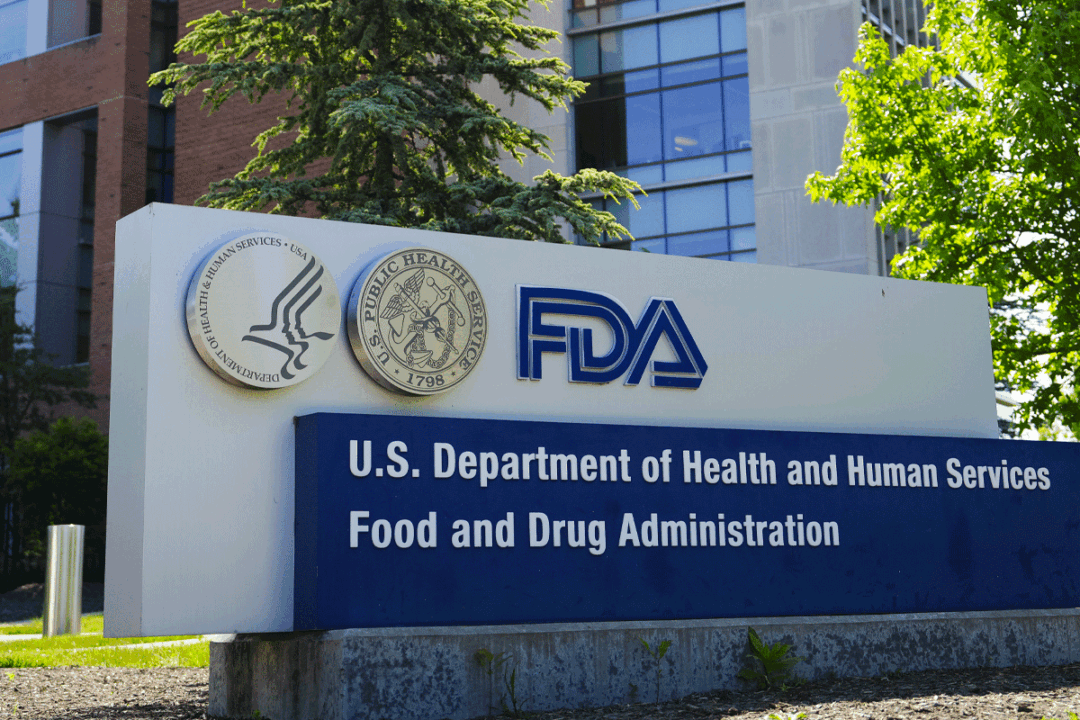Amazon is pulling some eye drop products after the U.S. Food and Drug Administration (FDA) warned the e-commerce platform about the significant risks posed by the items to consumers.
On Nov. 13, the FDA sent a “warning letter” to Amazon CEO Andrew Jassy stating that some of the eye drop products sold on the platform “are especially concerning from a public health perspective.” It pointed out that these are “unapproved new drugs” and that the company is engaged in interstate commerce with these products, which is prohibited for such items.





